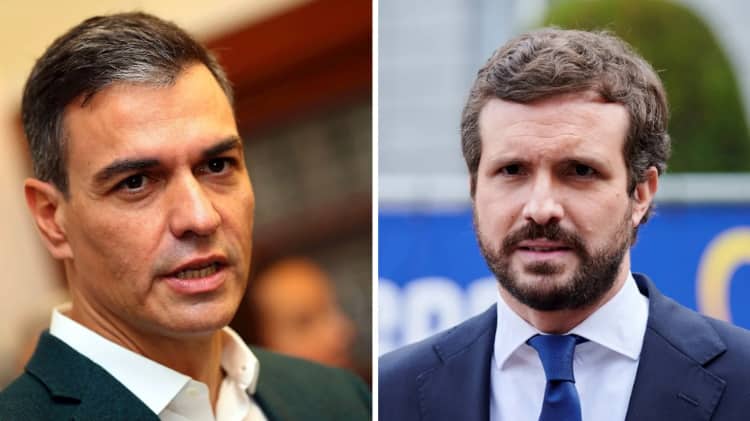The Diplomat
Barcelona will today host the sixth Regional Forum of the Union for the Mediterranean (UfM), which was preceded yesterday by a dinner attended by some twenty foreign ministers and other high-ranking officials representing the 42 member states, as part of the celebrations for the first Mediterranean Day.
The Forum is led by the co-presidents of the UfM, the EU High Representative for Foreign Affairs and Security Policy, Josep Borrell, and the Minister of Foreign Affairs of the Hashemite Kingdom of Jordan, Ayman Safadi, and is attended by the Secretary General of the UfM, Nasser Kamel. As host, Spanish Foreign Minister José Manuel Albares gave a welcoming speech last night.
The Barcelona meeting raised the possibility of the first meeting between Albares and his Moroccan colleague, Nasser Bourita, precisely at a time when tension between Spain and Morocco seems to be reactivating six months after the migratory invasion of Ceuta. However, the meeting will not take place because Bourita, in a telephone call to Albares, excused his attendance.
Nor will the Moroccan and Algerian foreign ministers be present, because, in addition to Bourita, the Algerian foreign minister, Ramtane Lamamra, informed Albares that he would not be present either. This circumstance frustrates the few hopes that the Spanish authorities had that the Forum would serve to reduce tension between the two Maghreb giants.
Spain is paying close attention to this situation, which affects us very directly in such diverse and crucial areas as border stability and Western Sahara, the regulation of migratory flows, the fight against terrorism and, in particular, energy supply, since the crisis between Algiers and Rabat has led to the closure of the Maghreb gas pipeline through which, via Morocco, more than 20 percent of the gas that Algeria supplies to our country used to arrive.
In recent days, Albares has made no secret of his confidence that the Barcelona meeting would contribute to calming tempers. In mid-November, the minister assured the media that he would take advantage of the Regional Forum to try to defuse the crisis. Around the same time, Albares told the Senate that the tension between Morocco and Algeria is “highly worrying” for Spain and Europe because they are two “strategic partners and neighbours” with whom there are “vital interests that we can only advance in a cooperative manner”, such as “energy supply, the regulation of irregular immigration, organised crime, the fight against terrorism”. “Therefore, our own prosperity and stability are at stake” and “our recipe” is “containment and dialogue”, added the minister, who expressed his hope that the Barcelona meeting would be “a new opportunity to continue offering this stability, this prosperity to the Mediterranean”.
But Morocco and Algeria are not the only countries in the Union for the Mediterranean that have differences. Others such as Cyprus, Greece and Turkey have serious differences that have been revived in recent times, not to mention the traditional confrontation between Israelis and Palestinians. Nevertheless, the organisers hope that the ministerial meeting will serve to reach cooperation agreements, leaving bilateral disputes aside.
According to the organisers, the Forum will present and discuss the main conclusions of the first global report on the state of integration in the Euro-Mediterranean area, drawn up by the OECD at the request of the UfM, which analyses five areas: trade, finance, infrastructure, movement of people, research and higher education. It also provides conclusions, indicators for measuring future progress and recommendations in each of these areas. The Forum will also coincide with the celebration of the first Mediterranean Day, which was unanimously adopted at the 2020 Regional Forum to “annually celebrate cooperation in the region, embrace diversity, strengthen relations between the two shores and deepen our mutual understanding”.






